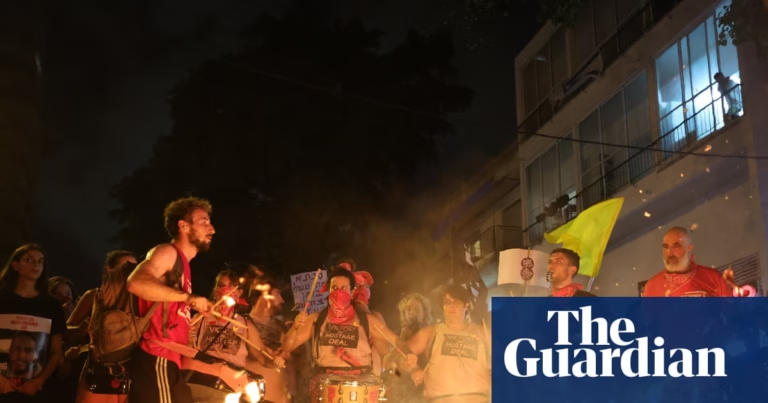Over £300m allocated to English councils for Ukrainian refugees’ accommodation remains unspent, while thousands face homelessness.
Through Freedom of Information requests to 150 councils in England, shared with the Guardian, it was discovered that £327m – approximately a third of the £1bn budget – remained unused in council bank accounts, more than three years after Russia’s invasion of Ukraine.
The majority of the funds spent by councils have gone towards paying staff and partner organizations. Only £22m has been allocated for temporary accommodation for Ukrainians and £15m to assist them in finding private rented accommodations.
Many Ukrainians face challenges in finding private accommodations due to the need to provide a deposit, which can be slow and difficult for councils to assist with. Finding a UK guarantor can also be challenging, and those who do not speak English struggle to negotiate with landlords.
The British Red Cross conducted research earlier this year, which found that Ukrainian refugees are more than twice as likely as British citizens to experience homelessness. Ukraine’s estimated 6,400 families will face some form of homelessness this year.
Baljeet Nijjhar, from Ukrainian Refugee Help, who obtained and analyzed the Freedom of Information data, stated, “Local councils are allocated thousands of pounds per Ukrainian arrival, yet the guests we support seem to struggle to access this directly when needed.”
“The most common issue is the inability to privately rent and the lack of a UK guarantor to which individuals must rely on local councils to resolve,” Nijjhar added.
Nijjhar called for the establishment of spending targets for councils using government funds designated for Ukrainians and for interventions from the Ministry of Housing, Communities, and Local Government to accelerate the provision of private rented accommodations.
Solomiia Baranets, a Ukrainian refugee and trainee lawyer who runs the Ukrainian Employment Integration Project to assist individuals in finding jobs, shared her experience of struggling to find housing for herself and her family, despite reaching out to more than 50 landlords and not receiving assistance from the council.
Stan Beneš, the director of Opora, an organization that supports Ukrainians in rebuilding their lives, stated, “Council support for Ukrainians often varies by location. Councils have had significant discretion over how to utilize government-allocated funds…”
Dr. Krish Kandiah, the director of the Sanctuary Foundation, which supports Ukrainian refugees, commended the British public for their hospitality and emphasized the need for Britain to ensure the security and dignity of every Ukrainian through their own front door.






